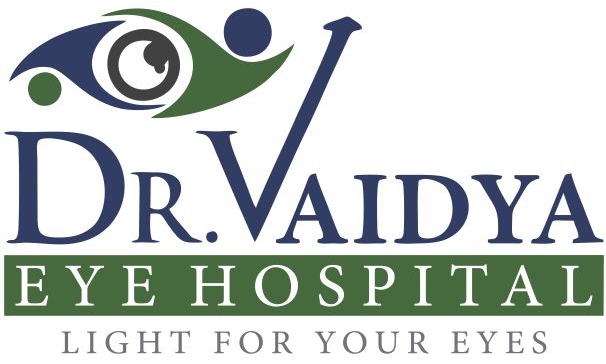Toxic air pollution levels in Mumbai and the surrounding areas are on the rise, and if experts are to be believed, the air we are breathing is full of obnoxious gases and harmful pollutants. Some studies on the pollution have revealed that the air quality in Mumbai is as bad as smoking four cigarettes in a day.
Transport vehicles, heavy construction activities, and industries emitting toxic pollutants are the most common causes of this increase in air pollution. According to the government, pollution levels have reached an emergency level, posing a health concern.
People who work outdoors or play outdoors (especially children) are the most affected by pollution. Masks may offer partial protection against cardiovascular and respiratory diseases, but the eyes are still exposed to harmful chemicals.
How does smog affect your health?
The term “smog” refers to a dense air layer which forms near the ground when air pollution is high. It is common in cities with high traffic or near industries with high emissions. Light reacts with gases in the lower atmosphere (car fumes/industrial emissions) to form smog. Some people are more sensitive to its effects than others, such as those who suffer from lung or heart ailments. The first sign of health problems caused by smog is irritation in the nose, throat, lungs, and eyes. In some cases, it may also affect the respiratory system and breathing.
Extreme pollution in the form of smog can affect eyes, cause allergies and damage to the overall health of an individual. The poor quality of air contains harmful gases like carbon monoxide, nitrogen dioxide, and coarse dust particles, which have caused an increase in red and watery eyes and various eye allergies.
These are the most common eye conditions caused by air pollution/smog:

- Watery eyes
- Burning sensation or discomfort
- Sore eyes
- Redness
- Swelling
- Itching sensation
- Dry eyes: A condition characterized by Dryness, Gritty feeling, and foreign particles in the eye.
- Eye allergy: A condition characterized by itching, redness, discharge, swelling of the eyelids, blurring of vision, and an increased risk of infection.
To minimize the risk of infection, there are many steps that can be taken. Here are some of them:
- A good rule of thumb would be to avoid exposure to harmful pollutants. When the pollution levels are such that there is a public health warning, please stay indoors, especially in the early hours of the morning when they are the highest. If you must step out and are exposed to the environment, wear protective eyeglasses to minimize your exposure to pollutants.
- Avoid touching your eyes and wash your hands often
- Stay hydrated to ensure adequate tear production. It becomes even more important when environmental factors such as smog increase the chances of having dry eyes and eye irritation. The best thing you can do is drink eight to ten glasses of water each day.
- Eat a diet rich in omega-3 fatty acids, such as green leafy vegetables, carrots, spinach, almonds, walnuts, and berries.
- When you are outside, wear sunglasses.
- Be careful not to rub your eyes.
- Use eye drops to lubricate your eyes; these are readily available over the counter. Nevertheless, it’s important to have your eyes examined before using any eye drops.
- Avoid excessive use of screen devices, such as mobile phones and laptops. Take adequate rest to prevent eye fatigue, dry eyes, and computer vision syndrome.
- A visit to your ophthalmologist is recommended if the irritation persists, as they will determine a possible course of treatment.
Special situations:
- Avoid the Use of Contact Lenses: Never use contact lenses if you have redness or discomfort in your eye unless instructed by your eye care professional. When the particulate matter index is high, protective glasses may be useful over contact lenses. It is prudent to remove your contact lenses if you experience any discomfort while wearing them, use lubricating eye drops, and seek the attention of your ophthalmologist as soon as possible. It is important to check the lenses for scratches and to make sure they have been cleaned properly before wearing them again.
- Avoid the use of Eye Makeup: If your eyes feel uncomfortable, avoid using eye makeup. It is common for kajal and mascara to aggravate eye allergies and cause infections as well. Choose a reputed, hypoallergenic brand to ensure your eyes won’t be adversely affected by the chemicals in the makeup. It is also wise to remove all eye makeup before you go to bed in order to mitigate the ill effects of the chemicals.
Conclusion
As a precautionary measure, we should avoid exposure to pollution during smoggy weather for our overall well-being and optimal vision care. Keep an eye on the air quality index and avoid visiting polluted areas. Keep your windows and doors closed during periods of high pollution, and don’t go outside as much as you can. If you are experiencing allergies or infections in your eyes, see an eye specialist near you right away and undergo a thorough eye examination.

